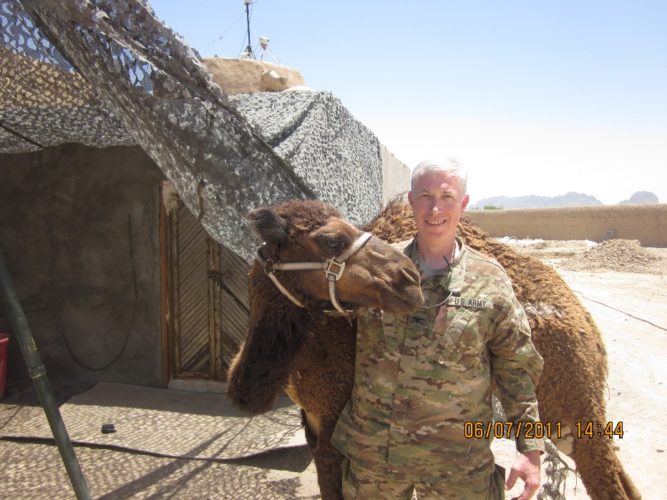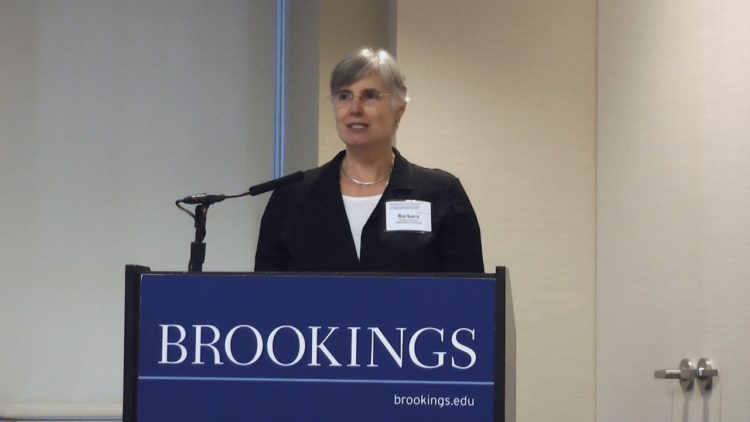Colonel John E. Angevine,U.S. Army retired, reflects on lessons from his experience with tribal leaders in Afghanistan and how it is informing his transition from military to civilian leadership through courses at Brookings Executive Education (BEE). BEE is based at the Brookings Institution in Washington, D.C. and managed by Olin Business School. Here are excerpts from Col. Angevine’s essay, “A Military Journey to Becoming a Civilian Leader: Chewing through the Cultural Barrier.”
In my first two months with Brookings Executive Education (BEE), I’ve been learning about the many challenges veterans in government face as they transition from military to civilian life. These conversations remind me of the cultural changes I observed in my last deployment to Afghanistan. There I had the opportunity to observe and work with several tribal clans. It was during these key leader engagements that I became acutely aware of the Afghan cultural diversity applied to thinking and problem solving. This diversity of thinking—exacerbated by the mountainous topography that imposes relative geographic isolation—showcased the clans’ different deliberate approaches to relationship building and adaptability in working with others. Their aim was to increase the likelihood of achieving common goals in an austere environment.
For example, in one village I observed its elders had expressed their gratitude to U.S. military forces for clearing their village of Taliban fighters by presenting a prized, young camel to our troops stationed at the nearby firebase. “Chewy the Camel” served as the village elders’ connection with the American forces, conveying their respect and acceptance of our presence. At first glance, this gift was a surprise. Even so, Chewy quickly proved an invaluable addition to the firebase security between the inner and outer perimeter walls since she was particularly territorial and disliked strangers, as well as a source of much needed entertainment during our down time by chewing on our boots—hence her name.




